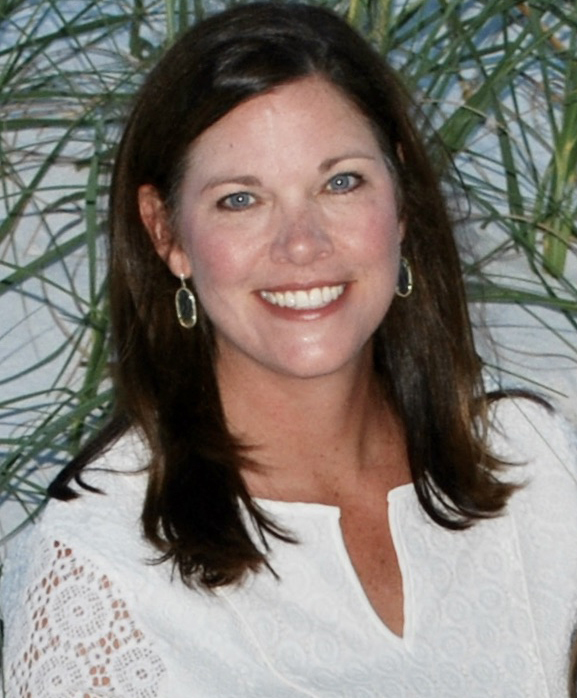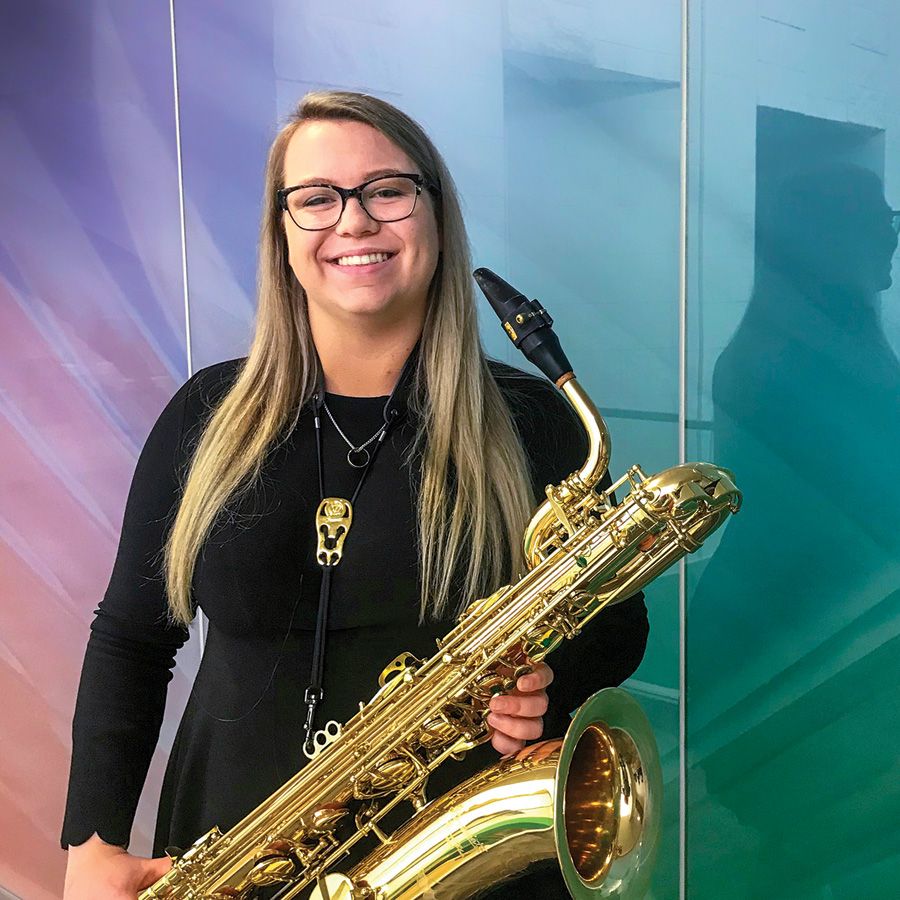One of the first people PUSH reached out to about joining was Xavier Hicks ('14). Back then, he says, he was "closed off" and worried membership might mean
opening up about his past.
"I didn't really know anyone else who had gone through foster care or was adopted,"
says Hicks, now a social worker with Fort Worth ISD. "So I was actually kind of ashamed
of it."
Then one day, Davis invited Hicks to a local McDonald's. They talked for hours, and
once Davis told the story of his own turbulent upbringing -- and the freedom that
came from sharing it -- Hicks was sold.
"Learning to talk about my experience has helped me work through a lot of the issues
I have -- things that I'm going to be dealing with for a very, very long time," Hicks
says. "But when people care about your perspective, you want to open up."
Neither Sweeten nor Hamilton were surprised by Hicks' change of heart. They'd seen
how Davis could shift the tenor of a conversation, like when he moved a room full
of 400 CPS workers to tears at a regional CPS Conservatorship Conference.
"I've always felt there's not enough light shined on kids who come from where I come
from," says Davis, who now serves as a CASA supervisor and -- unsurprisingly -- a
public speaker. "It's important for people to see both sides of the story -- not just
the pain we've endured, but also the courage and resilience that allowed us to overcome
it."
That's also the message he delivered to an audience of thousands when he was asked
by his dean to be the commencement speaker at his own UNT graduation in 2015. We didn't
just come here to get a degree, he remembers telling them. We came here to make change.
It doesn't stop here. It's just the beginning.
"Sometimes I get choked up about it, because as a child, I didn't see myself being
where I am now," says Davis, who previously worked at Cumberland Presbyterian Children's
Home. "But I also give credit to the people who helped me get to where I am. They
gave me the same things that I've always tried to give others. That same hope. That
same love. That same push."
With more than 180 foster care alums at UNT eligible for services, and more students
dealing with homelessness, that type of support remains crucial. Sweeten would love
to one day take steps toward forming more partnerships with other philanthropic organizations
and establishing a designated PUSH coordinator on campus.
"I have a lot of hopes and dreams -- I've always had a really big vision for how I
want this program to look," she says. "But one thing that helps is how our PUSH alumni
reach out to ask if any of our students need anything. Those initial students always
wanted to pay it forward -- and they have."


